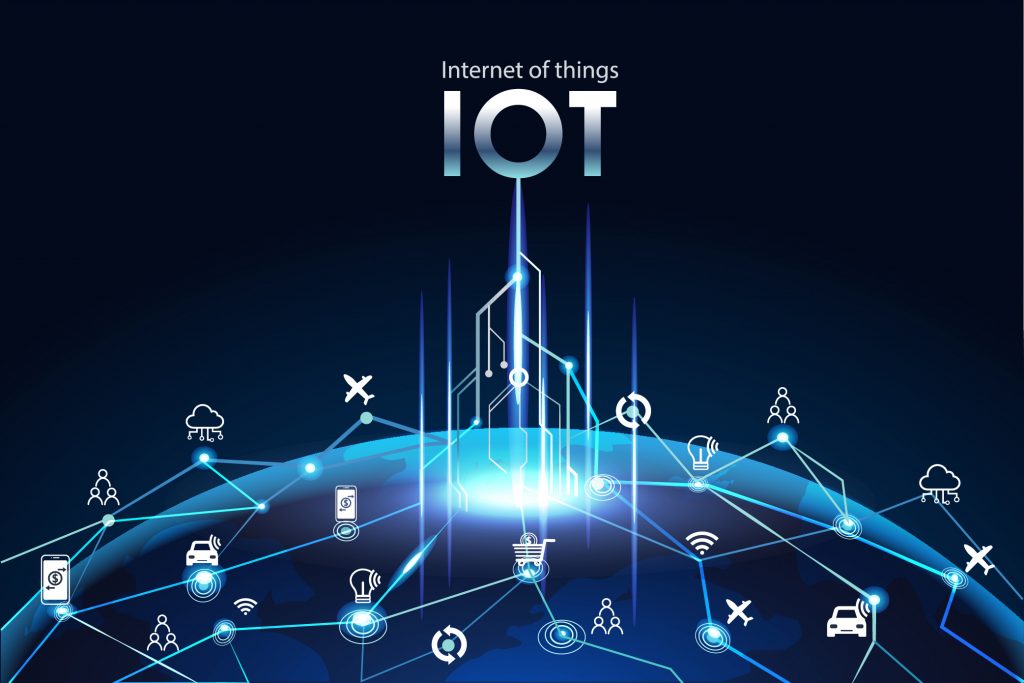advertisement
IDC report names Microsoft a leader in Industrial Internet of Things
A recent market study on Industrial Internet of Things (IIoT) in the energy and manufacturing sectors by IDC, reported Microsoft…

A recent market study on Industrial Internet of Things (IIoT) in the energy and manufacturing sectors by IDC, reported Microsoft as a leader.
The 2019 Vendor Assessment report that evaluated 11 vendors was not much of a surprise as Microsoft continues to innovate and invest in IoT and edge technologies by the day. Last year, Microsoft announced its resolve to invest about $5 billion in IoT and related technologies by 2022.
“Microsoft’s Azure IoT platform is gaining strong momentum in the Industrial IoT market with many industrial vendors choosing to leverage Azure IoT for their own Industrial IoT platforms and others selecting Azure IoT when building in-house solutions,” reads part of the report.
advertisement
Microsoft partners with operational technology (OT) providers to address OT and IT needs. Its IoT products are in three categories: Azure IoT Platform that consists of Azure IoT Hub, Azure IoT Edge, Azure Digital Twins, Azure Maps, Azure Time Series Insights, Azure Sphere nand Windows IoT, Azure IoT Solutions that has Azure IoT Central and Azure IoT Solution Accelerators, and Azure IoT Vertical Accelerators for various industries.
The report highlighted Microsoft’s IoT Edge strategy as a broad and supportive edge that enables computing across a variety of form factors and use cases and Azure IoT Edge that is open source, making it easier for hardware providers to adopt.
“Manufacturers recognize that IoT will be among the technologies that will have the greatest impact on their businesses in the next five years, with roughly half of the industry in the United States already using IoT in some form in production.” IDC MarketScape 2019 Vendor Assessment report.
advertisement
The report analyzed that IoT provides manufacturers access to more data than ever before, which fuels a company’s transformation efforts and is pervasive throughout the manufacturing value chain. It listed the ongoing activity across the four primary strategic priorities as; Supply chain optimization – the use of IoT and sensors to improve supply chain orchestration, Smart manufacturing – using IoT and sensors to improve factory performance at a plant, Product innovation – IoT and sensors to improve new product introduction (NPI) and Field service – that entails the use of IoT and sensors to enhance service offerings and delivery.
The study noted that the biggest opportunity for transformation comes from a product or service standpoint where manufacturers seek IoT-connected products as a way of transforming business models that capitalize on the intersection of products and services. This link between customer products and real-time IoT data is the opportunity for manufacturers to better understand customers, as well as their behaviors and what they value in order to deliver customized offers.
The winning points for Microsoft as drawn from the report include;
advertisement
- Microsoft Azure gaining significant ground in industrial IoT as evident in the decision of many industrial vendors choosing to leverage Azure IoT services for their own industrial IoT platforms, as well as many end-user organizations putting Azure IoT on their short list when choosing to build their own in-house solutions.
- Operational technology providers continue to partner with Microsoft for manufacturing. Owing it’s strong presence in manufacturing from an IT standpoint. Through these partnerships, vendors can offer solutions for addressing IT and OT needs to manufacturers.
- Microsoft having a broad strategy to support edge computing that spans hardware and software across a variety of form factors and use cases that has open sourced
Azure IoT Edge, making it even easier for a broad variety of hardware providers to adopt their middleware, what is vital to the heterogeneous manufacturing environments of the IoT edge.